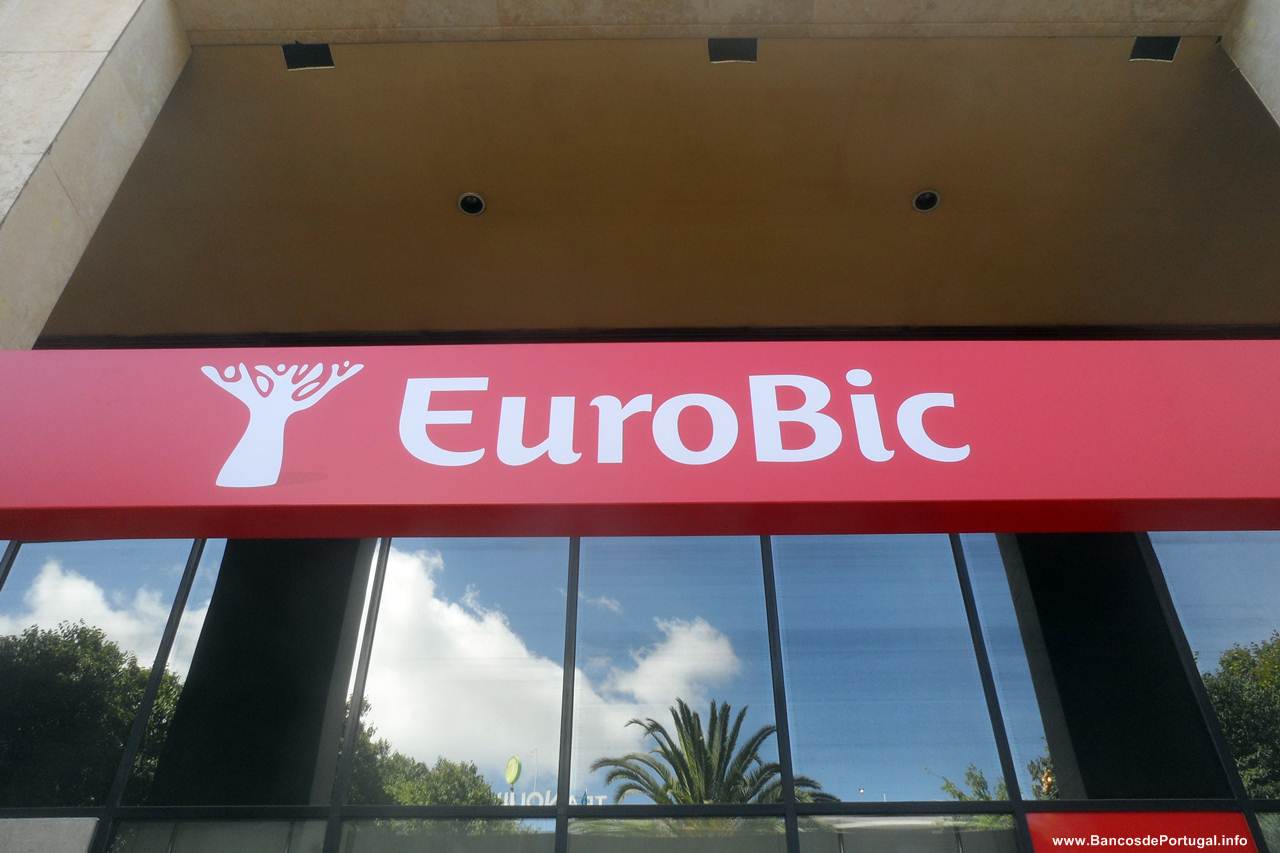TI Portugal asks Bank of Portugal to disclose information on money laundering in EuroBIC

More than six months after the announcement by the former Governor of the Bank of Portugal (BdP), Carlos Costa, about the completion of the inspection report to EuroBIC, we still do not know how the suspicious operations reported by the Luanda Leaks case were handled by the Bank and what the follow-up was in terms of reporting to the authorities.
This information is fundamental not only to assess EuroBIC’s compliance structure, but it is also extraordinarily relevant to kickstart, with the utmost urgency, a real critical discussion on the vulnerabilities of the Portuguese financial system to money laundering and terrorist financing (AML/FT).
“Carlos Costa told congressmen that suspicious transfers do not have to be reported to the Bank of Portugal but to the Financial Intelligence Unit of the Judiciary Police, but knowing their existence and whether or not the duty to report to the FIU has been fulfilled is fundamental to evaluate the BC/FT prevention system that the BdP oversees. Now what we know so far, and which has been recognized even by the European Parliament, is that there are serious flaws. That is why MEPs have specifically asked the European Banking Authority (EBA) for an investigation into the case of Isabel dos Santos and EuroBIC. Europe wants to know if there have been breaches of national or EU legislation and to look at the measures taken by financial supervisors, and so do we. But in Portugal, as always and in almost everything that concerns the financial system and the regulatory role of the BdP, we push with our bellies or whistle to the side”.
– Susana Coroado, Vice-President of Transparency International Portugal
FinCEN Files, an investigation published last Sunday by the International Consortium of Investigative Journalists (ICIJ) in conjunction with BuzzFeed News and over 108 partners worldwide based on suspicious activity reports (SARs) sent to the Financial Crimes Enforcement Network (FinCEN) of the U.S. Treasury Department.
It proves that for 18 years several banks handled more than $2 billion in payments that they have flagged as suspicious or potentially fraudulent, while promising supervisory authorities to strengthen their internal controls to prevent and combat money laundering.
According to journalists, the money included in these transfers has served to finance a massive set of illegal and criminal activities for years, so it is with no surprise that we find in the files the names of Isabel dos Santos and her husband Sindika Dokolo and, even more unsurprisingly, EuroBIC as one of the banks in Portugal that facilitated the transfer of suspicious funds.
According to the data provided, EuroBIC reported to FinCEN 99 transactions, being responsible for the transfer of $26,928,045, only surpassed by the institutions of the BES universe (BES based in the Madeira Offshore transferred $56,319,000 in only two operations).
Last January, the BdP clarified, regarding the Luanda Leaks scandal, that it had asked EuroBIC for information to allow it to assess the way in which that institution analysed and fulfilled its obligations regarding the prevention of money laundering and terrorist financing (AML/FT).
And in the background note sent to the Governor’s hearing in the Budget and Finance Committee, in March, he referred to an inspection in 2015 according to which more than 50 determinations and recommendations had been issued to strengthen the AML/FT prevention mechanisms and identified the need for an external audit, by an independent entity, in order to assess the degree of compliance with these measures. But he said nothing about the consequences of this process, nor whether sanctions were applied, nor whether this audit ever happened, who did it, and what it concluded.
The BdP has stated several times that it follows the whole process of implementation of the measures and recommendations it issues, but having decided to carry out another on-site inspection of EuroBIC in November 2019, even before the contours of the Luanda Leaks case were known, it is necessary to ask what problems were detected in the meantime? And what were the results of both inspections?
Such information is fundamental to understanding what is happening in EuroBIC, and also about the role played by the Portuguese banking system in facilitating illicit financial flows, already illustrated in the investigation of the Organized Crime and Corruption Reporting Project (OCCRP) highlighted by Expresso on how the Angolan elite created a private network of banks to transfer money to Portugal and the European Union.
“We see with great concern that the prevention of money laundering and terrorist financing in the financial sector is not a priority for Portugal. The government seems to adopt a nonchalant stance, manifesting itself in the delay in the transposition of the latest European directives on this matter, considering precisely the robustness of the measures that prevent the use of banks for illegal money laundering practices, and the disastrous implementation of the Central Register of the Effective Beneficiary. The supervisory bodies, for their part, and the BoP in particular, prefer passivity to proactivity, kicking up the problems arising from the failure to supervise the criminal investigation and justice bodies, washing their hands like Pilate. The Luanda Leaks case is a paradigmatic example of this type of action”.
– Karina Carvalho, Executive Director of Transparency International Portugal
Read the letter we sent to the Bank of Portugal (in Portuguese)
